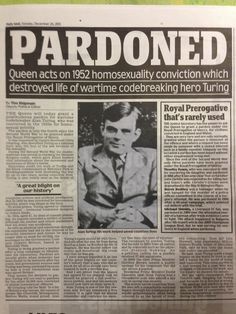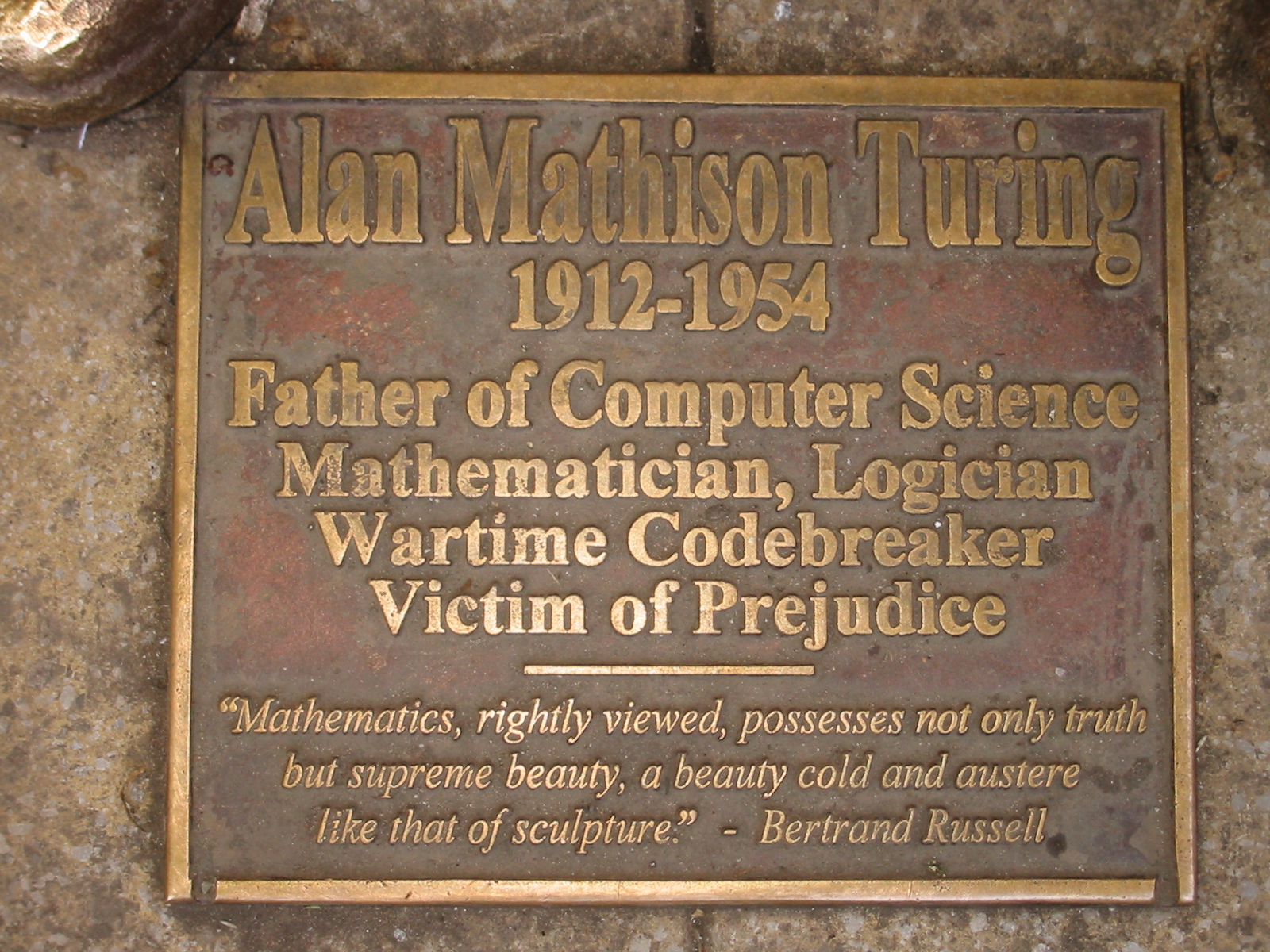
In the years after college, Turing began to consider whether a method or process could be devised that could decide whether a given mathematical assertion was provable. Turing analyzed the methodical process, focusing on logical instructions, the action of the mind, and a machine that could be embodied as a physical form. Turing developed the proof that automatic computation cannot solve all mathematical problems. This concept became known as the Turing machine, which has become the foundation of the modern theory of computation and computability.
Turing took this idea and imagined the possibility of multiple Turing machines, each corresponding to a different method or algorithm. Each algorithm would be written out as a set of instructions in a standard form, and the actual interpretation work would be considered a mechanical process. Thus, each particular Turing machine embodied the algorithm, and a universal Turing machine could do all possible tasks. Essentially, through this theorizing, Turing created the computer: a single machine that can be turned to any well-defined task by being supplied with an algorithm, or a program.
Turing made it his goal to crack the complex Enigma code used in German naval communications, which were generally regarded as unbreakable. Turing cracked the system and regular decryption of German messages began in mid-1941. To maintain progress on code-breaking, Turing introduced the use of electronic technology to gain higher speeds of mechanical working. Turing became an invaluable asset to the Allies, successfully decoding many German messages.
By the end of the war, Turing was the only scientist working on the idea of a universal machine that could plug into the potential speed and reliability of electronic technology. This led to the development of early hardware and the implementation of arithmetical functions by programming, and thus, computer science was born. Turing became well-regarded by the scientific community, as the director of the computing laboratory at Manchester University and an elected fellow of the Royal Society.

